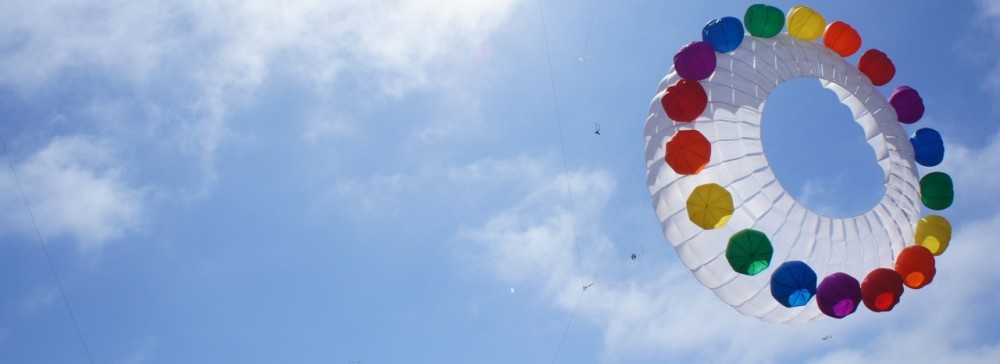One thing that has taken me some time to grasp after joining Mozilla is the concept of “working open”. My colleague Matt Thompson defines working open like this:
Sharing signposts, drafts, prototypes and roadmaps on our blogs, etc. The primary goal is surfacing what’s needed to enable smart co-building. If we don’t, not only will our communities have no idea how to get involved — our immediate peers and colleagues won’t be able to help as effectively, either.
Like a lot of Mozillians, in the past I’ve worked within organizations that claimed “transparency” or “openness” as a core value — sprinkled throughout company principles and in CEO speeches. Not until I joined Mozilla did I comprehend what “open” really means, in practice. I’ve been thinking lately, now that I’m a Mozillian, how can I can apply “open” to my own work? What i’m finding is that true open work takes special effort. It is both exhilarating and scary. 
It’s a brand of radical honesty that’s particularly intimidating for me because a) I’m not accustomed to it (but I’m falling for the idea); and b) failure is part of good online fundraising. Grabbing and holding the attention of a human looking at a screen full of competing shiny things is hard. I have to figure out what to do in those fleeting few seconds of attention that will inspire that human to give money. There’s a lot of trial and error, plus the technology and tactics are constantly changing. Putting out an open invitation for all to witness my (inevitable) failures is taking some nerve.
Fundraising on the web can seem deceptively simple. Everybody writes emails and tweets every day, no biggie. But like anything else done well, online fundraising is a careful craft best led by obsessed practitioners. Some folks nerd out on grokking code or shaving a few milliseconds off page load time, we nerd out on subject lines and how to design great fundraising pages for mobile. A good strategy takes months of planning, exceptionally talented writers and creatives, rock-solid engineering and UX design, and thousands of hours in the make-test-iterate cycle.
So, how could open or “view source fundraising” work? I am feeling the warmth of the sunlight here at Mozilla. I’ve seen the magic of working open, because it’s almost all on a forum or a public wiki or otherwise a click away. It’s what makes the Mozilla community continue to churn out kick-ass stuff (like Firefox OS, AppMaker). You can visit the Mozilla Wiki right now and see project status updates, meeting notes, product roadmaps; even policy and business affairs. Thousands of people all sharing process, warts and all. True, some things are not in the sun, particularly things that touch user privacy and corporate partnerships. But by and large, Mozilla is an open book by design.
It took 40,000 volunteer coders to write about 40% of the Firefox Browser code. Without working open, this kind of tribal innovation wouldn’t be possible. My little corner of the Mozilla operation is not that different, except perhaps scale. Executing a successful year-end fundraising strategy requires a close working partnership with dozens of my colleagues within Mozilla. Our co-built strategy will culminate in a 6-week fundraising campaign that will put our mission — Mozilla’s story — in front of millions of people this December when we ask them to support our work with a donation.
What does fundraising open look like? For starters, I’ll be posting ideas, tests, and results data about Mozilla’s email program on a new “View Source Fundraising” page (not yet ready for prime time). Our master year-end campaign timeline is detailed here and here.
Mostly, I’m making it up as I go. My hope is that throwing sunlight on our fundraising strategy can make it stronger, too.




